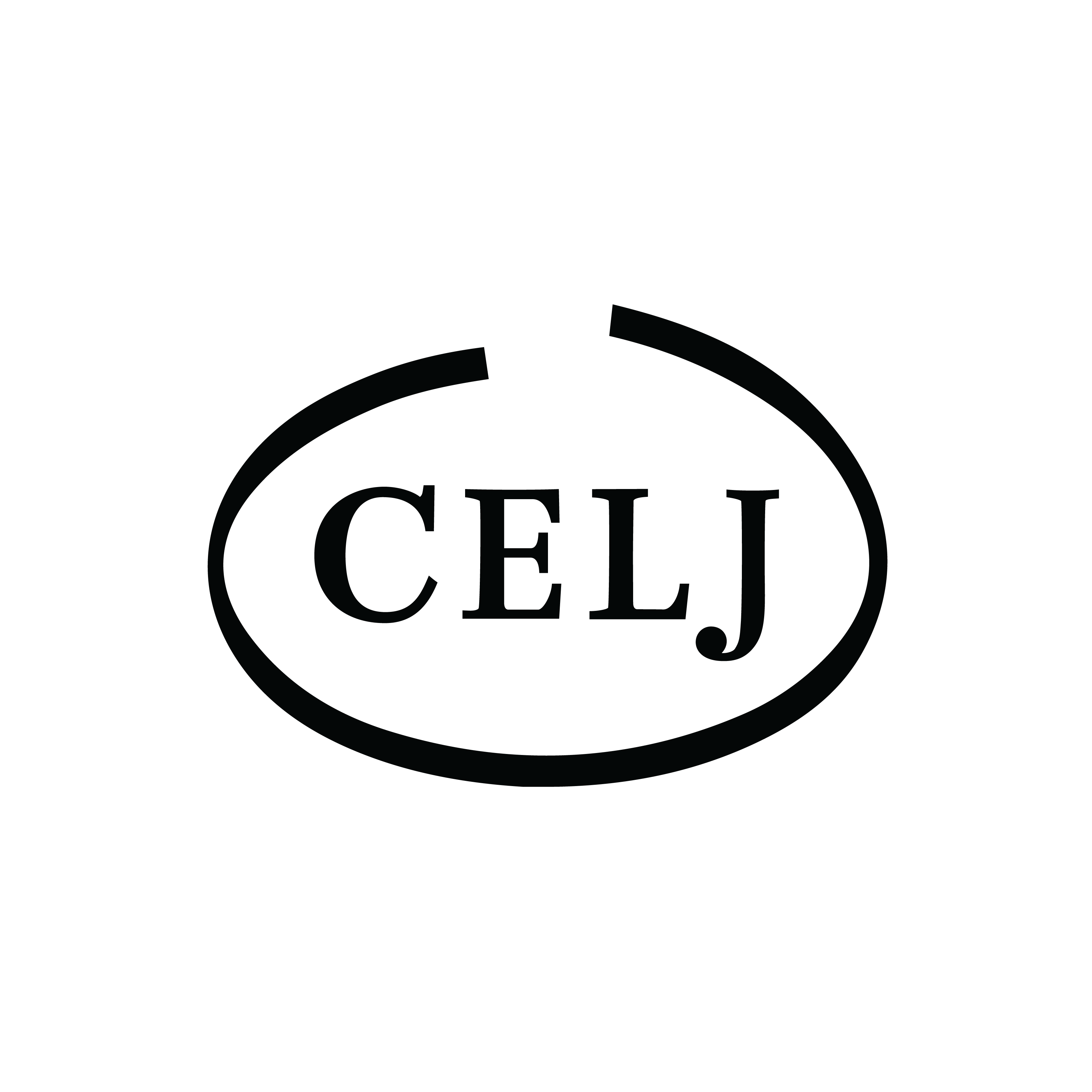The Manifesto Issue
12.3 Summer 2008
Logging On
Scott Lloyd Dewitt and Cheryl Ball, Guest Editors
- The Manifesto Issue
If our scholarship seems too cutting-edge, too in-your-face, despite its having been deeply considered, then it is reserved for discussing around conference-hotel bars, on listservs and blogs, or over dinner and wine in the backyard patio. - Manifestos as Scholarship
Wrought with connotation, politically and emotionally charged, manifestos call us to action and demand change—in the streets, in the workplace, in our classrooms, in our minds, and in the virtual spaces we inhabit. - In this issue
-
Topoi
-
This is Scholarship
Catherine C. Braun and Kenneth L. Gilbert
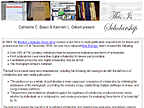
“This Is Scholarship” is a movie that provides examples of different forms of scholarship that exist online, arguing that existing online scholarship is multiple and varied enough already that a more flexible definition of scholarship has emerged, even if it is not yet valued by many tenure-granting units. The movie further argues that these examples can guide tenure and promotion committees in creating new procedures for evaluating this new scholarship, and it offers suggestions for how to begin to build new values into tenure and promotion policies.
-
Old+Old+Old=New: A Copyright Manifesto for the Digital World
DigiRhet
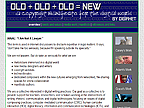
We are a collective that believes that it is time for more of us in rhetoric and composition, and computers and writing specifically, to have a louder voice and a more persuasive say in the intellectual property debates going on in our culture and in our world.
-
From Gallery to Webtext
Curated by Virginia Kuhn and Victor Vitanza

Sarah Arroyo: Hands & Writing: A Digital Sample
Geof Carter: PlatesPleatsPetals
Byron Hawk: Rhetoric of Revolution (Open Hand Remix)
Virginia Kuhn: The Components of Scholarly Multimedia
Bonnie Kyburz: Bones
Robert Leston: Into the After.word with Victor Vitanza
Timothy Richardson: Bereshith
Victor Vitanza: Writing the Tic -
Literature and Digital Illumination
Lis Lindeman and Gregory O. Smith
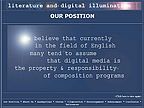
Friends and colleagues in literature programs often have assumptions and apprehensions about using digital media to teach traditional texts. These assumptions deal with (1) the status of the printed text, (2) the relationship between literature and composition, and (3) pedagogical concerns
-
An Inconvenient Rhetorical Truth: A Rhetorical Warming of the Public Sphere
Ted Remington
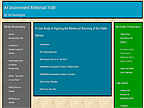
Just as greenhouse gasses added to the earth's atmosphere create unpleasant climate changes, my thesis here is that the addition of corporate money and influence in them media is creating unpleasant rhetorical changes in our public sphere's climate.
-
Urban Literacy Center Manifesto
Spencer Schaffner
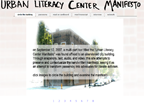
On September 12, 2007, a multi-part text titled the "Urban Literacy Center Manifesto" was found affixed to an abandoned city building. Through snapshots, text, audio, and video, this site attempts to preserve and contextualize the handwritten manifesto, seeing it as an attempt to transform passersby into advocates for literate activism.
-
The Lo-Fi Manifesto
Karl Stolley
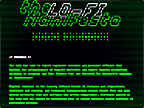
Digital scholars in the loosely defined fields of rhetoric and composition, computers and writing, and technical communication should create free and open source artifacts that are software-and device-independent. Discourse posted on the open Web can hardly be considered free if access requires costly software or particular devices.
-
Words are the Ultimate Abstraction
Robert Watkins
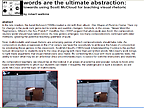
Students are exposed to multimedia daily, and to deny the argumentative powers involved in these newer media is cheating students. Embracing these art forms could spark interest in otherwise dormant writers. As composition teachers, our job is to teach argument(s) through texts. It is essential that we recognize all facets and genres that texts reach. Embracing multimedia may be the key to awakening the next generation of compositionists.
-
